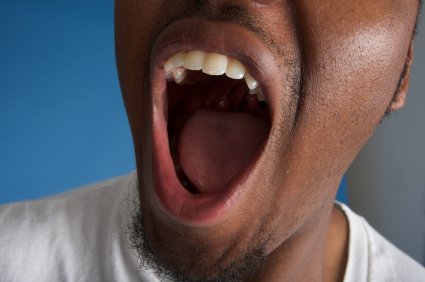WHAT ARE THE TREATMENT OPTIONS FOR DRY MOUTH
A dry mouth is a condition that occurs when you do not produce enough saliva. Lack of enough saliva in the mouth causes discomfort, soreness, and swallowing complications. Dry mouth is a symptom of a condition itself rather than the disease. It is also a side effect of certain medications for allergies or colds.
Saliva helps keep the oral cavity healthy by cleaning and moisturizing the mouth. Lack of enough saliva in the mouth also other complicated oral problems like cavities and halitosis.
Treatment Of Dry Mouth
In diagnosing a dry mouth, the dentist aims first to manage the condition causing it, prevent cavities, and regain normal saliva flow. The dentist reviews the current medication the patient is on if they are the cause. This enables them to recommend a different drug. A patient is also advised to avoid antihistamines and decongestants if possible. Swallowing water before medication helps hydrate and moist the mouth.
It is also advisable to take medications in the morning as, during the night, dry mouth might cause dental problems like cavities. Preferring easy-to-swallow formulas over the tongue forms also helps treat and prevent mouth dryness. A healthcare provider may also prescribe certain medications, for example, cevimeline. Practitioners are also experienced in repairing impaired salivary glands.
Other Precaution Measures
At home, the patient is advised to practice good oral hygiene. Brushing, flossing, and rinsing twice a day with fluoride toothpaste and mouthwash could help ease the condition and help prevent cavities. Dry mouth remedies like chewing and sucking also help increase saliva—ice cubes, sugar-free ice pops, hard candy, and gum help stimulate saliva flow. Sipping water and other sugarless drinks throughout the day also helps.
The patient should also avoid salty, dry, spicy, acidic, and sugary foods. Alcohol, caffeine, carbonated drinks or alcohol and peroxide mouthwash and toothpaste should be avoided. These products tend to dry the mouth even more. The patient may also be advised to use a humidifier and breath through the mouth often, not the mouth.



Leave a Reply